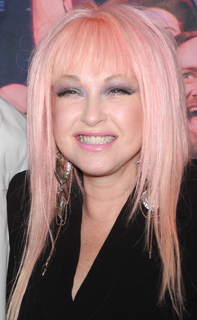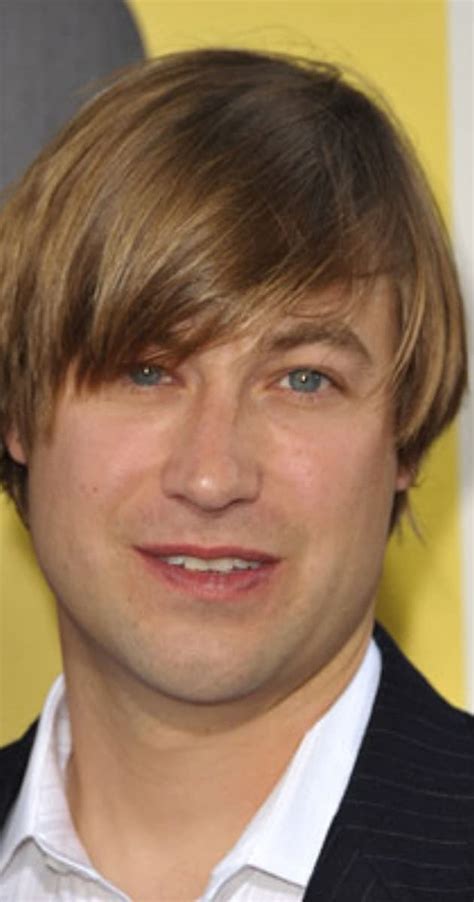A Quote by Tess Gerritsen
There is no better test of character than when you're tossed into crisis. That's when we see one's true colors shine through. So I try my best to make my characters personally involved in the plot, in a way that stresses them and tests them.
Related Quotes
You try to make them comfortable so they can do what they're best at, and make them shine. You always want to make an actor shine. I'm of the mind that there's no one - you, your mother, anyone, that if in the right place at the right time in the right context, couldn't shine in a movie. And so if it means, "Oh, I have to make them uncomfortable," then whatever it takes to get what I need up onscreen. It's all in the service of the story.
I have not seen that standardised tests make the profession less attractive, though some principals respond to them in a way that drives the best teachers out of their schools (by over-emphasising test prep in the school curriculum for example). On the other hand, great teachers want benchmarks to measure progress and tests can help with that.
I have always liked kind of outsider characters. In the movies I grew up liking, you had more complicated characters. I don't mean that in a way that makes us better or anything. I just seem to like characters who don't really fit into. You always hear that from the studio: "You have to be able to root for them, they have to be likeable, and the audience has to be able to see themselves in the characters." I feel that's not necessarily true. As long as the character has some type of goal or outlook on the world, or perspective, you can follow that story.
I don't think I ever relinquish a person I have known, and surely not my fictional characters. I see them, I hear them, with a clarity that I would call hallucinatory if hallucination didn't mean something else ... A character whom we create can never die, any more than a friend can die ... Through [my characters] I've lived many parallel lives.
You have to expose part of yourself to create a character deep enough for readers to care about. You try not to because it's hard and at times shameful, but then when you read those pages over and you see they have no life to them so you throw them away and force yourself to be more honest. So I suppose the answer is I see myself in all my characters, in their best moments and in their worst.
Sometimes, when actors reach out to their characters, they're nowhere in sight. They need to find something inside of them. And then the characters are right there. As a director, I want them to find the character that's already inside them, instead of trying to manufacture or manipulate or make something up. That's not really honest or true.







































